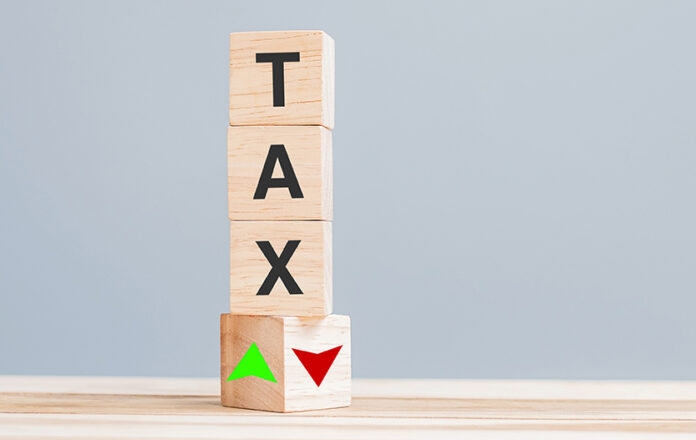The federal government emphasized its commitment to tax digitization and structural economic reforms during a joint news conference, unveiling significant progress in identifying 190,000 wealthy individuals evading taxes worth an estimated Rs60 billion.
Finance Minister Muhammad Aurangzeb reaffirmed the government’s commitment to the ongoing IMF programme, asserting that reforms would ensure transparency and fiscal sustainability.
This was stated during a joint news conference by Minister for Finance and Revenue Senator Muhammad Aurangzeb, Minister for Information and Broadcasting Attaullah Tarar, Minister of State for Finance and Revenue Ali Pervaiz Malik, and Federal Board of Revenue (FBR) Chairman Rashid Mahmood Langrial.
Finance Minister Aurangzeb highlighted the government’s focus on digitizing the FBR to reduce human intervention, curb corruption, and enhance transparency. He announced that the digitization plan, approved in September, is being implemented to integrate key economic sectors and plug tax leakages. The initiative has already led to the identification of 190,000 individuals living luxury lifestyles yet evading taxes.
According to the FBR, ground-truthing of the top 5,000-6,000 individuals confirmed Rs7 billion in unpaid taxes. If the remaining non-filers are brought into compliance, an additional Rs50-60 billion in taxes could be collected.
FBR Chairman Langrial revealed that of the 190,000 potential taxpayers, only 38,000 have filed returns, contributing Rs370 million in taxes, while notices have been issued to 169,000 wealthy non-filers.
Langrial added that the total tax gap stands at Rs7.1 trillion, and the FBR is prioritizing the top 5% of revenue contributors, which includes 3.3 million individuals. The government has also formed a task force of experts from IT, academia, and business sectors to enhance institutional capacity and implement modern algorithms for tax compliance.
IMF review and structural reforms
Addressing concerns about the IMF programme, Finance Minister Aurangzeb assured that the government would engage with the Fund in good faith during the March review to ensure smooth progress. “We are clear that no surprises will arise, as all reforms and actions committed under the IMF programme are being followed,” he said.
The minister acknowledged tax collection shortfalls but emphasized structural reforms over ad hoc measures. “Our focus is on long-term fiscal sustainability, and we aim to raise the tax-to-GDP ratio from the current 9-10% to 13.5% within the next three years,” he stated.
Aurangzeb also confirmed that agricultural income tax collection, a key IMF condition, would commence on July 1, 2025. Punjab has already legislated for this, while other provinces are in the process of approving similar bills.
“We will manage the shortfall and plug the loopholes in the next six months,” he said.
Minister of State Ali Pervaiz Malik reiterated the government’s commitment to shielding the common man from inflationary shocks. “The measures taken to address deficits and enhance revenue collection are now bearing fruit, with inflation rates dropping to single digits,” he said.
He further noted that the government’s reforms are broadening the tax base and transitioning from indirect to direct taxation, a shift critical for creating a fair tax compliance culture.
FBR Chairman Langrial outlined ongoing efforts to meet the annual revenue target for FY2024-25. “We are coordinating with all relevant institutions to achieve this goal,” he said, adding that advanced data analytics and automation are being prioritized to strengthen compliance.




